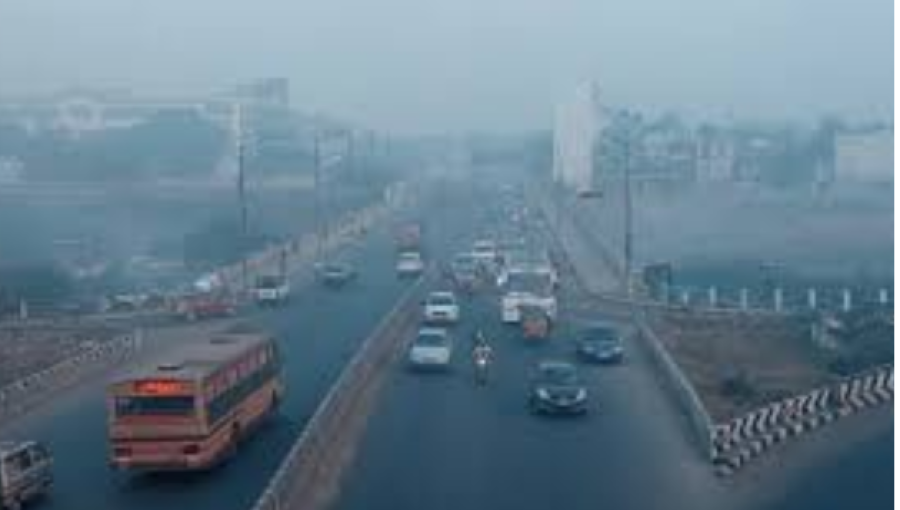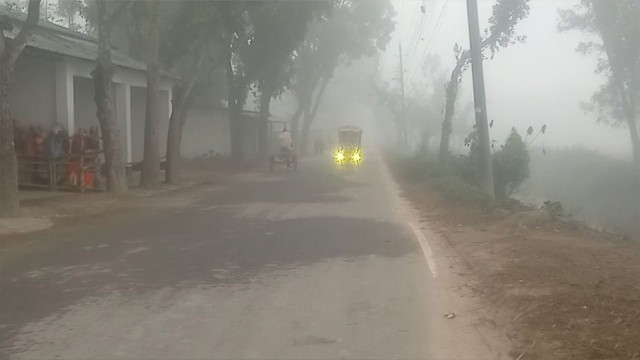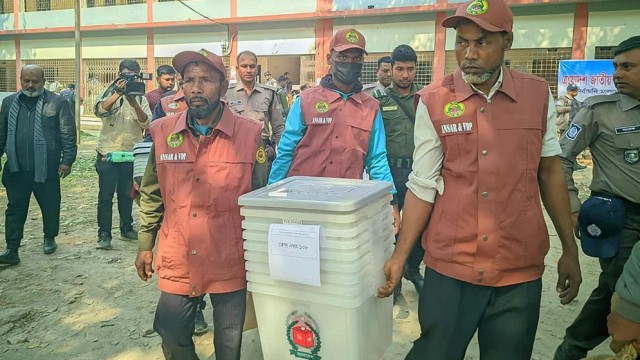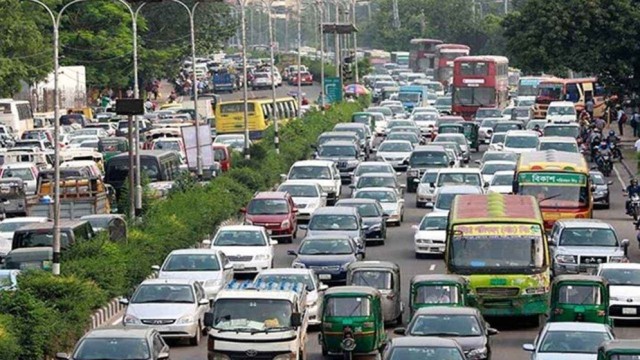Dhaka's air quality has deteriorated, with the city ranking 6th globally for the worst air quality this morning, according to the air quality index (AQI).
Dhaka, the capital of Bangladesh, is grappling with severe air pollution issues, as evidenced by its current Air Quality Index (AQI) score of 172. This places Dhaka as the 6th city globally with the worst air quality. The top three spots are occupied by Kuwait City, Kathmandu, and Chiang Mai, with significantly higher AQI scores.
Understanding AQI Levels
The AQI value provides insights into air pollution levels and their impact on public health. An AQI score between 151 and 200 is classified as 'unhealthy', indicating potential health risks for the general population. Dhaka's current AQI falls within this category, highlighting the urgent need for mitigation measures.
Criteria for AQI Calculation
In Bangladesh, the AQI is determined based on five key pollutants, including particulate matter (PM10 and PM2.5), nitrogen dioxide (NO2), carbon monoxide (CO), sulfur dioxide (SO2), and ozone. These pollutants collectively contribute to the city's air quality challenges.
Seasonal Variations
Dhaka has historically experienced worsening air quality during winter months, exacerbated by factors like vehicle emissions, industrial activities, and agricultural burning. However, air quality typically improves during the monsoon season due to natural cleansing processes.
The World Health Organization (WHO) estimates that air pollution claims around seven million lives globally each year due to increased mortality from various health conditions like stroke, heart disease, lung cancer, and respiratory infections.






























Comment: